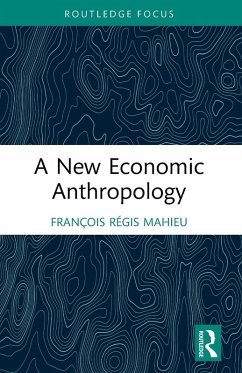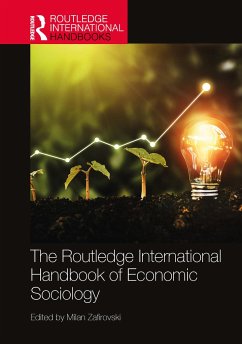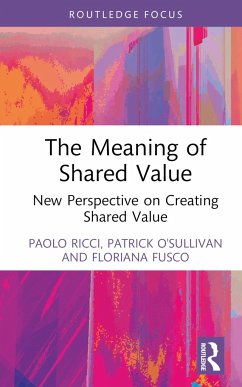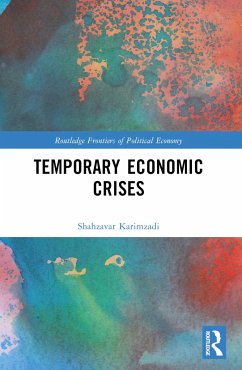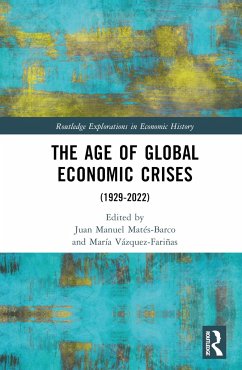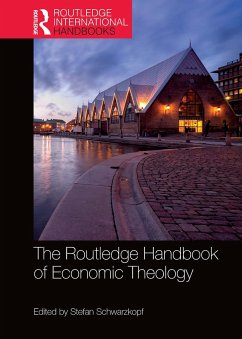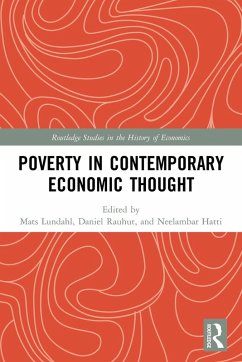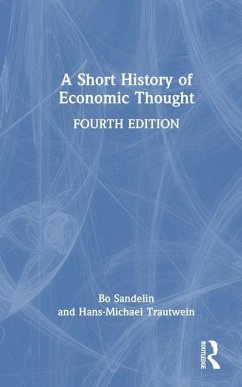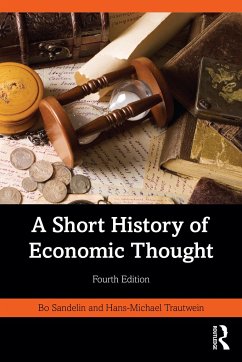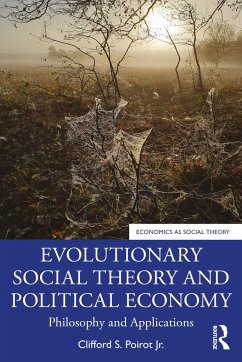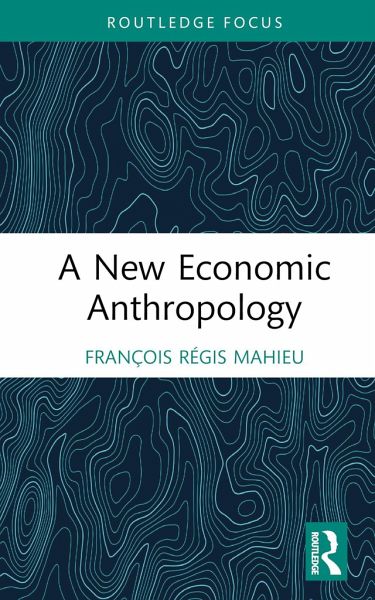
A New Economic Anthropology
Versandkostenfrei!
Versandfertig in 6-10 Tagen
56,99 €
inkl. MwSt.
Weitere Ausgaben:

PAYBACK Punkte
28 °P sammeln!
Traditionally economic anthropology has been studied by sociologists, anthropologists, and philosophers seeking to highlight the social foundations of economic action. Meanwhile, anthropological questions have remained largely untreated in economics, despite the prominence given to the individual in microeconomics. And there is very little in the way of dialogue between the two sides. This book argues for a new economic anthropology which goes beyond the conflict of economics and anthropology to show the complementarity of the two approaches. Economics needs to go beyond the stage of homo oeco...
Traditionally economic anthropology has been studied by sociologists, anthropologists, and philosophers seeking to highlight the social foundations of economic action. Meanwhile, anthropological questions have remained largely untreated in economics, despite the prominence given to the individual in microeconomics. And there is very little in the way of dialogue between the two sides. This book argues for a new economic anthropology which goes beyond the conflict of economics and anthropology to show the complementarity of the two approaches. Economics needs to go beyond the stage of homo oeconomicus and be open to broader ideas about the person. Equally, anthropology can be enriched through the methods and models of economic theory. This new economic anthropology goes beyond a simple observation of societies. It is new because it introduces the responsible person with a wider range of characteristics, in particular vulnerability and suffering, as a subject of economics. It is a particular interpretation of economic anthropology calling for a broadening of the subject (moving from the individual to the person), range of values (admission of negative values for altruism, social capital, responsibility), and disciplinary references. Through this approach, both economics and anthropology can be enriched. This book will be of great interest to those working in the fields of economics, anthropology, philosophy, and development studies.





